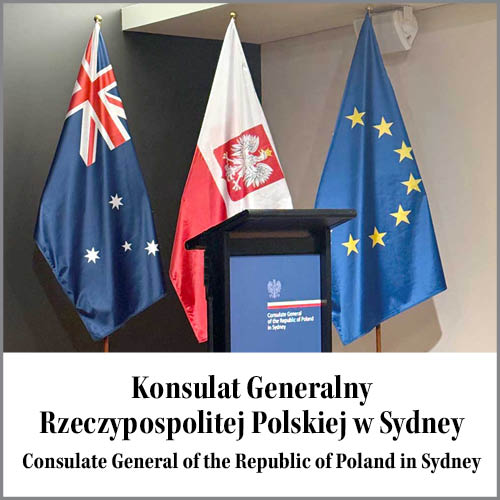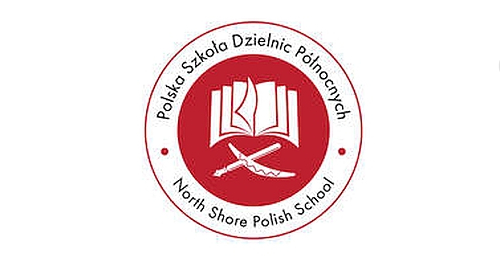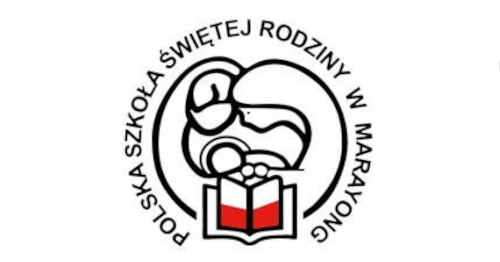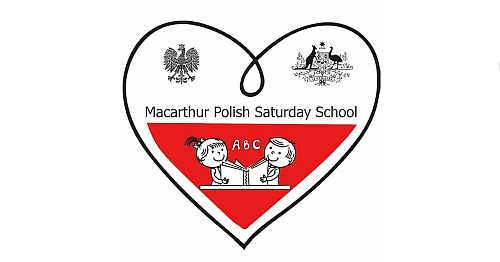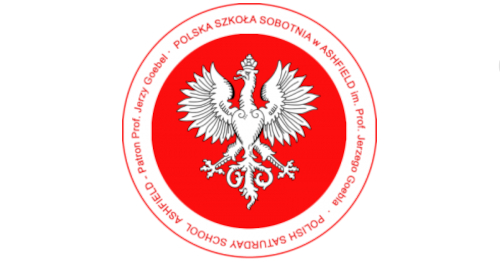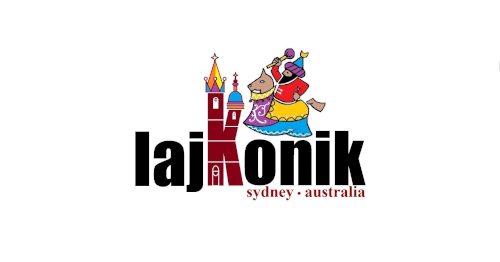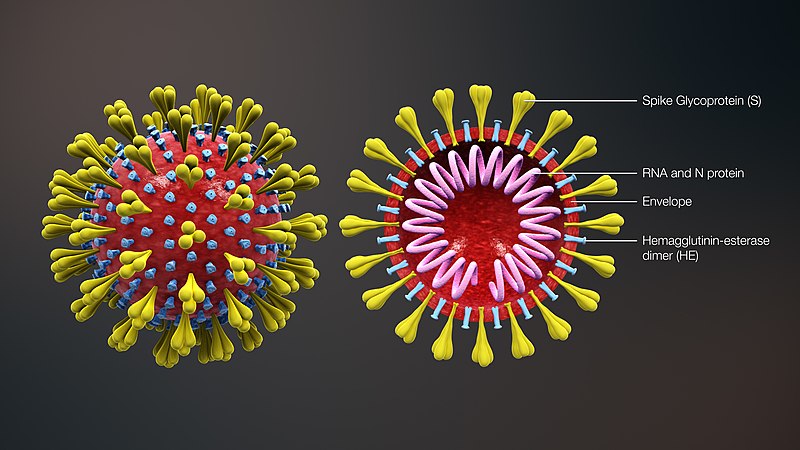
NSW Health is asking the public to be wary of false and misleading rumours, posts on social media and inaccurate reports regarding the spread of novel coronavirus in NSW.
NSW Chief Health Officer, Dr Kerry Chant said there have been multiple incorrect and alarmist social media posts regarding the spread and severity of the disease, prompting NSW Health to remind all residents to fact check.
“I ask the public to be aware of the facts about the novel coronavirus and take a moment to investigate unverified claims before they share them with others,” Dr Chant said.
Dr Chant said NSW Health was particularly keen to dispel five common myths about the novel coronavirus.
1. You should avoid Chinatown/shopping centres/suburbs with high Chinese-Australian populations – FALSE.
While four cases have been diagnosed in NSW to date, patients have been isolated until no longer infectious and there is no evidence that community transmission is occurring in NSW.
2. You can get the novel coronavirus from an imported package of food – FALSE.
The novel coronavirus does not appear to last very long on surfaces. Therefore imported products do not pose a risk of transmission of this virus.
3. Garlic and sesame oil will stop me from contracting novel coronavirus – FALSE.
The best way to protect yourself is the same as you would against any respiratory infection. Practice good hygiene by:
a. covering your nose and mouth when coughing and sneezing with tissue or a flexed elbow;
b. making sure to clean your hands thoroughly for at least 20 seconds with soap and water, or an alcohol-based hand rub; and
c. avoiding close contact with anyone with cold or flu-like symptoms.
4. The virus has mutated into a more lethal strain – FALSE.
This was debunked by the World Health Organization (WHO).
5. Can I catch novel coronavirus from my pet? FALSE.
While the 2019-nCoV may have come from animals, domestic pets do not pose a risk of transmission in Australia.
Dr Chant said while there is still much to be learned about this strain, the illness appears less severe than SARS or MERS, and many people with the disease may have a mild illness.
All four confirmed cases in NSW were isolated after diagnosis and pose no ongoing threat of transmitting the infection.
“Further, anyone departing mainland China from 1 February 2020 is under 14 days home isolation, and NSW Health is screening arrivals from mainland China at Sydney International Airport,” Dr Chant said. PAGE 2 OF 2
Since Sunday 2 February, a total of 7,397 people have been assessed at Sydney International Airport. A total of 39 were sent for testing.
This includes testing conducted yesterday (5 February) where 1,672 arrivals from mainland China were assessed at Sydney International Airport. 13 were sent for testing.
“Close contacts of the confirmed cases have been contacted by local Public Health Units and appropriate advice has been supplied.”
Health workers in NSW public hospitals and community-based GPs have been issued advice to help them identify any cases and apply careful infection control measures to prevent the spread of the novel coronavirus.
Find the facts by visiting NSW Health’s dedicated novel coronavirus page at: https://www.health.nsw.gov.au/Infectious/diseases/Pages/coronavirus.aspx


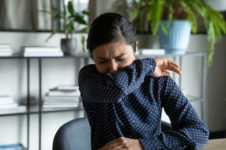
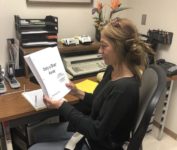
 USD
USD  AUD
AUD  CAD
CAD  NZD
NZD  EUR
EUR  CHF
CHF  GBP
GBP 